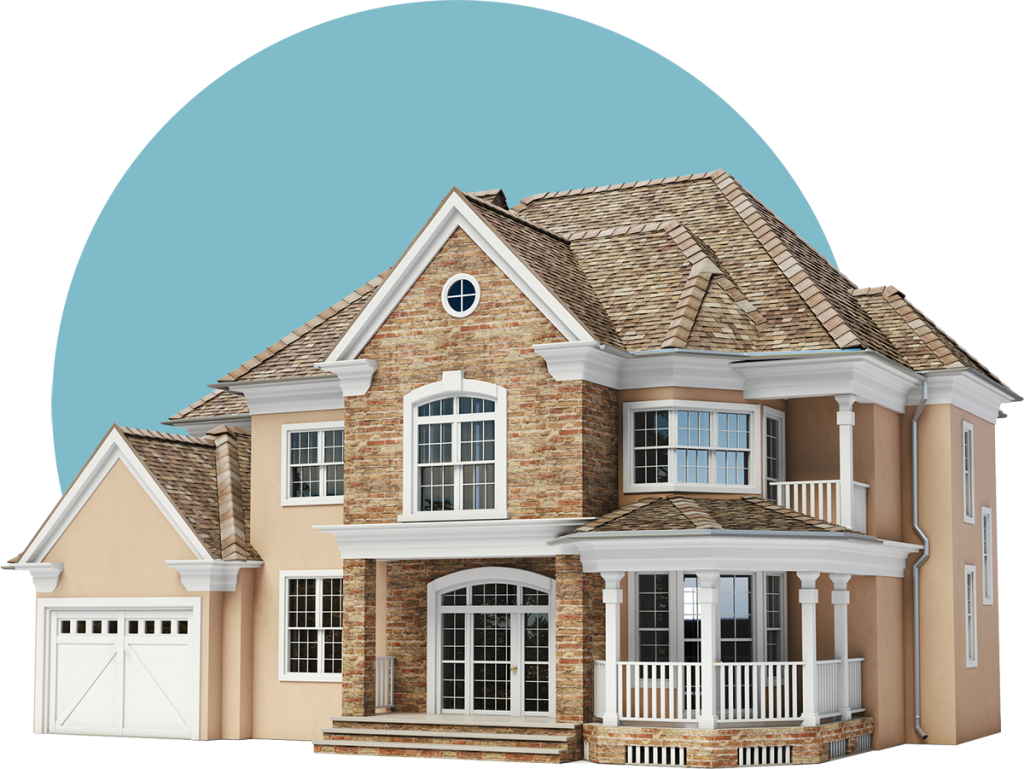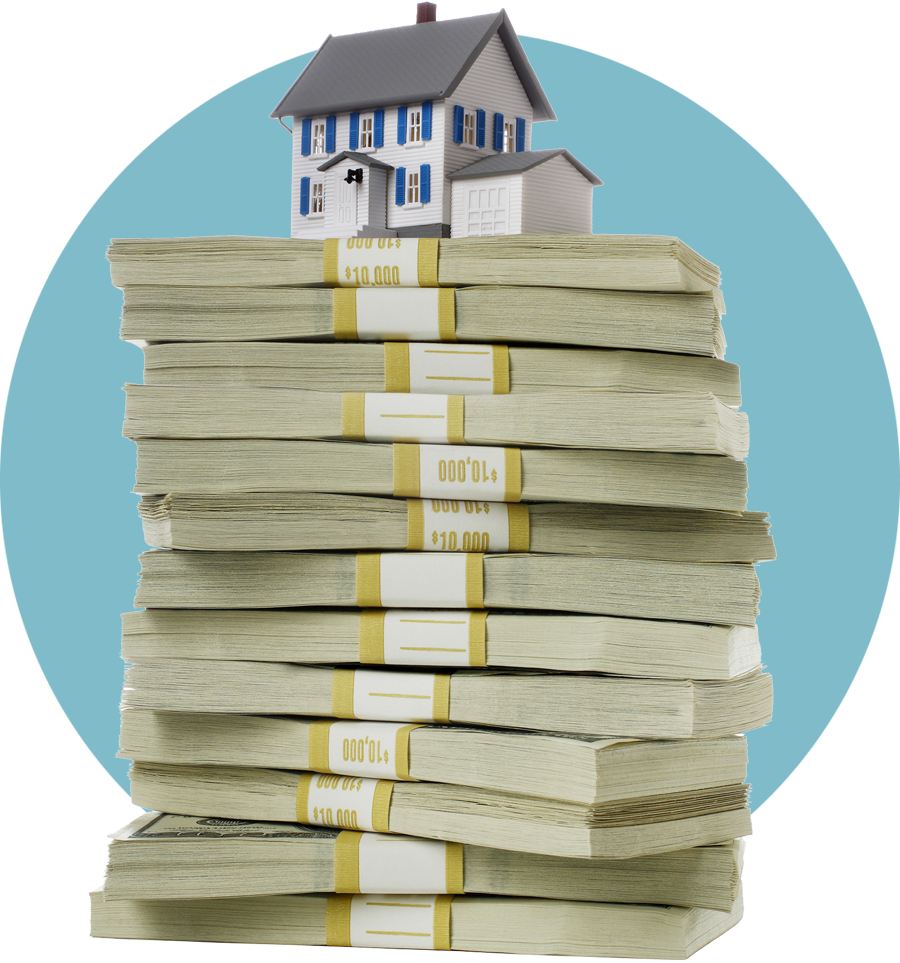
Approval Standards for Mortgages
Stable income for a two-year period
Cash needed to purchase
Documents needed to apply for mortgage
Types of Financing
FHA & VA Loans
(Federal Housing Administration & Veterans Administration)
- FHA & VA Financing are government insured programs that have more lenient credit criteria and qualifying ratios
- Both programs allow for zero down payment programs
Conventional Loans
- Loans not insured through government agencies
- May require down payments of 3-5% of home purchase price
- May require mortgage insurance if less than 20% down
- Special first-time home buyer programs may exist
PHFA Programs
(Pennsylvania Housing Finance Agency)
- Pennsylvania Housing Finance Agency provides home purchase, refinance and closing cost assistance mortgages, as well as mortgage tax credits
- Low down payment requirements, competitive rates, reasonable fees, and in-state servicing by PHFA staff for the life of the loan
- Offered by many banks and mortgage companies (See their website for locations)
- Access Program for persons with disabilities with funds available for zero interest for necessary accessibility renovations (if obtaining a mortgage from PHFA)
Where to Go for a Mortgage
- Local Banks — Each bank will have its own set of unique mortgage products and programs.
- Mortgage Brokers — represent a variety of lenders and can draw from a range of products.
- Real Estate Office — Some offices offer lending services, often through a Mortgage Broker.
Application Documents
- Recent pay stubs for the last thirty days
- Last two years’ W-2 forms
- Divorce decree (if applicable)
- If self-employed: Last two years’ full tax returns
- Most recent three months’ bank statements
- Child support order (if applicable)
- Grant information (if applicable)


How Much Money Will I Need?
- Typical conventional mortgages will require 3 to 5% down, plus an additional 5 to 7% for closing costs.
- (For example, a $200,000 house could need $20,000 to $24,000 cash to close)
- Special lender and government programs may lower the cash required for qualified, first-time home buyers, but total cash to close will rarely be less than 5%.
How Much House Can I Afford?
- Your purchasing power is affected by many things, such as your income, non-housing debts, real estate taxes and credit scores.
- Generally, people with good credit and low non-housing debts can afford a home priced at 2.75 to 4.0 times their GROSS (before taxes) annual household income.
- For example, a household making $60,000 per year might be able to afford a home between $165,000 and $240,000.


